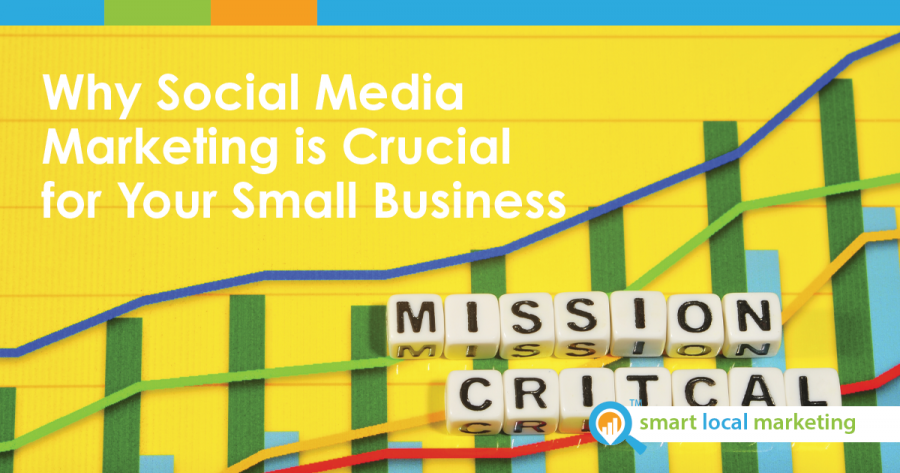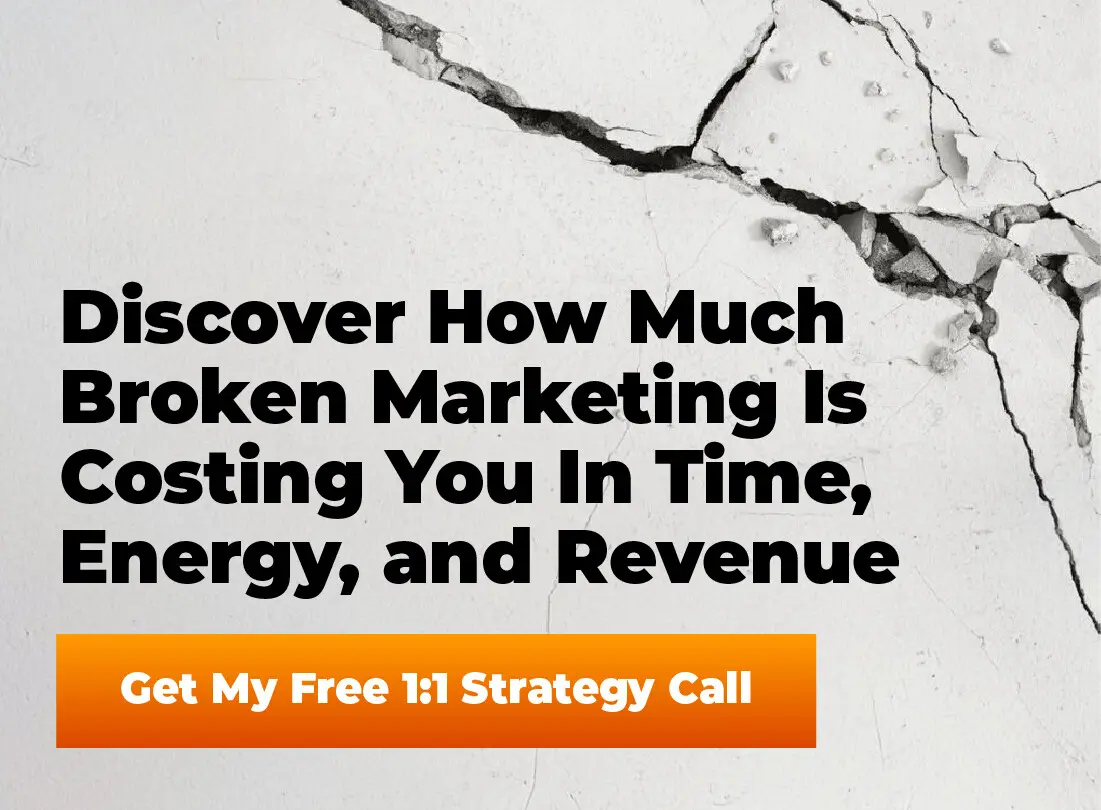
How Does Social Media Affect Small Businesses?
Social media is a crucial marketing tool because small businesses can experience significant impact at low marketing costs.
Reports show that 92% of small business marketers agree that social media is a crucial marketing tool. In addition over 50% of small businesses report that social media improves sales within two years. They also claim to gain a 70% ROI through social media marketing within five years.
In the past major marketing campaigns were run by large organizations because they could afford them.
However, social media has also made it possible for small businesses to run more extensive marketing campaigns.
Why Social Media Marketing is Crucial for Your Small Business
Social media is crucial to small businesses for the following reasons.
1. Build Awareness and Grow Customer Base
Social media is a crucial tool because of its potential to build brand awareness and grow your customer base. It helps you to become visible to a broader audience and increase chances of engagement with potential customers.
In 2020, there were about 3.6 billion social media users. The researchers project the number to grow to over 4.4 billion by 2025.
Therefore, you have access to a large pool of potential customers.
2. Low Advertising Costs
Social media marketing is cheaper than other marketing strategies.
First, it is free to create a social media account for your business on most platforms. You will have to pay for some advertising features like sponsored ads on most platforms but the cost is relatively low compared to other paid advertising channels.
Social media marketing also has a high return on investment. Some businesses report an increase in sales within the first two years.
Furthermore, you can hire a digital marketing agency like BizIQ to handle your marketing efforts, where you can benefit from our social media management tools and expertise.
3. Source of information and Proof of Authenticity
Research shows that 44% of internet customers search for brand information and proof of authenticity on social media.
With the many uses and high amount of content going through social media daily, you will need to stand out.
A study by Clutch shows that the most engaging content to customers in order includes written articles, videos, images, offers and promotions, infographics, quizzes and polls, and webinars.
4. It Encourages Customer Engagement
Customers are likely to relate to your social media posts and reach out to you.
They can inquire or comment on a stick. It would be best if you considered any engagement to be a customer lead.
Therefore, you should respond appropriately to encourage further engagement.
For example, you can reply to our customers’ comments on your social media post or an inquiry they make directly to you. Prompt and informative customer engagement promotes customer satisfaction and lead conversion.
5. A Way to Provide Support
Customers want to know about your product, how it works, or they may encounter an issue after purchasing a product.
Social media provides you with a great channel to easily communicate with your customers.
Features like instant messages, voice calls, or even video calls make it possible to offer support in real-time and build customer confidence and loyalty.
6. A Chance to Monitor Competitors and Market Trends
Monitoring industry trends is key to staying relevant. Social media gives you an opportunity to see how your potential customers are engaging with your competitors.
Look at interactions on your competitors’ pages. Are customers happy with specific aspects of their service?
Are there complaints about your customer in an area that you view as one of your strengths?
Broadcast those strengths to potential customers in your social posts.
Customers also have the potential to set market trends. You need to be on social media to observe and anticipate as their needs change.
7. Opportunities to Partner with Major Brand Influencers
One of the benefits of social media for small businesses is social media influencers’ presence.
Influencers are people with a substantial social media following.
Brands reach out to these people to try out their products or services, post them, and request their followers to try them out.
One thing to keep in mind:
Social media influencers usually charge a rate to promote your products.
The rates depend on the influencer and how many followers they have, but the exposure afforded by an influencer can be really beneficial to small business.
8. Useful Metrics
Don’t skip this one.
Seriously.
Some social media platforms like Instagram provide business accounts with various metrics to help with decision making.
Some of the metrics could be basic such as the number of followers to more technical ones like leads generated to your website.
Take time to review your metrics on your social media accounts to assess if what you are currently doing is working and how you can adjust for better results.
Which Social Media Platforms Should Small Businesses Use?
Some social media platforms are more popular than others.
Some are more favorable to certain types of business than others.
For example, it would make sense to have an Instagram or Facebook page if you intend to share pictures. It will also help to have a YouTube channel if you want to make and share videos.
Research shows that social media platforms with the most active users include Facebook, WhatsApp, Messenger, WeChat, Instagram, Twitter, and more.
Be sure to monitor some trends and participate in some activities like contributions, challenges, and more to improve customer engagement.
Professional Digital Marketing Solutions
Social media marketing has a low bar of entry, but it can be tricky.
It would help to get professional services for social media marketing management and other digital marketing services like SEO, content marketing, website development, and more.
Contact BizIQ today to get digital marketing services like social media management for small businesses.










